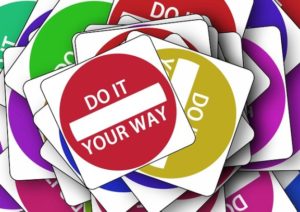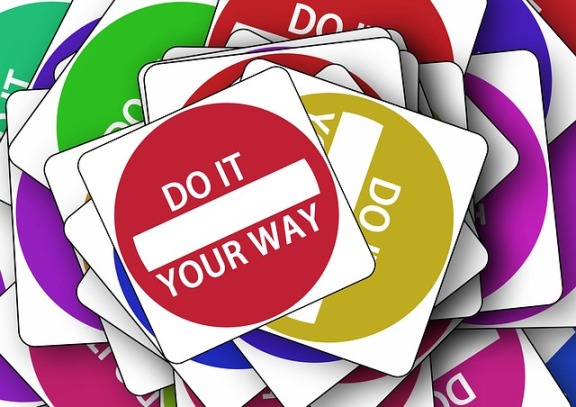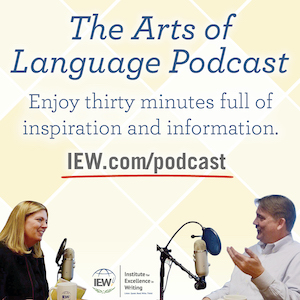Is your child special needs, gifted, highly creative, self-led, parent-led, etc.? Homeschooling provides the opportunity for your child to receive the education that is truly customized for them. You are able to customize the education plan for each individual child.

Pacing
For children who need more time to understand the content of a subject, you can slow down the lesson breaking it down into smaller fragments of information. You may only teach for a limited amount for each subject as not to overwhelm your child. Another form of slowing down the pace is to delay instruction until required by law in your state. In Indiana, the compulsory age begins at age seven; other states are as young as five.) Some parents choose to delay starting school until it is mandatory. During this “preschool” time, parents utilize learning through play or hands-on activities.
If your child is gifted in one or more subjects, you can move through content at a faster pace or you condense the curriculum. Curriculum compacting is the process discovering what your child has mastered then skipping those sections. With acceleration, you are moving at a faster pace. Perhaps you teach two to three related lessons in one session, as a means of moderate acceleration. Other forms of acceleration include grade skipping, dual-credit classes, and early kindergarten.
Did you children suddenly find a new interest? YOU DO NOT HAVE TO GO TO THE NEXT LESSON! You are able to focus on the topic for as long as you desire. You can cover the topic of Ancient Egypt, Roman Mythology, Westward Expansion, or China, just to name a few, as long as you like. You can research aspects of a topic that would not be covered in a public school setting.
Interest Based
You can choose the curriculum based upon the interests of your child. When my youngest began our kindergarten year, he had a fascination with insects. We checked out leveled readers for reading, non-fiction books for science, and for math, we used cheap dollar-store bugs as math counters. He practiced Latin through scientific names. Now he is interested in construction equipment. Therefore, we have our regular schoolwork, but for science, we are focusing on physics and machines. We have been able to research the history of big machines as well.
You can use anything to pique a child’s interest and promote a love of learning. There are many ways to incorporate your child’s interests into the learning process. There is nothing that cannot be connected to a positive learning experience. Do you have a gamer? You can promote the love of gaming by finding online classes about coding. From here, you can develop a curriculum of computer science, history, keyboarding, and mathematics in a unit based study. You could expand the subjects to include reading comprehension, language arts, and oral presentations by requesting that your child create a presentation about the information learned and how to apply it.
Is your child interested in art? There are DVDs and online videos about creating works of art. Just as the gaming example, learning based on the love of art can develop into a unit study that is multi-disciplined. The natural formation of marble that was used to make the Statue of David or the methods of creating paint from natural substances incorporates science into art. History can be studied through artistic periods and the artists. Essays and oral presentations can be used to promote language arts as well. As you can tell, there are many ways to create a curriculum based on the passion and interests of a child.

Parent-led or Child-led
Many parents choose to take the traditional approach to teaching their children at home. These parents may focus on a teacher role or they may become an educational coach. Other parents take a different approach and let the child lead the day. These parents may choose a Montessori style approach to daily structure. Other parents who choose a child-led direction include unschoolers. It is my opinion that these methods are valid methods of learning as long as learning is taking place. The learning is defined as “the activity or process of gaining knowledge or skill by studying, practicing, being taught, or experiencing something: the activity of someone who learns” (Learning, n.d.). I will be looking for experienced child-led and parent-led homeschooling parents to share their methods and experiences as guest blog posts at a later date.
In closing, it is homeschooling takes education out of a box. It creates an experience that excites, motivates, and sets a child up for success. You and your child can customize education that promotes a love of learning.
Learning. (n.d.). Retrieved April 2, 2016, from http://www.merriam-webster.com/dictionary/learning




